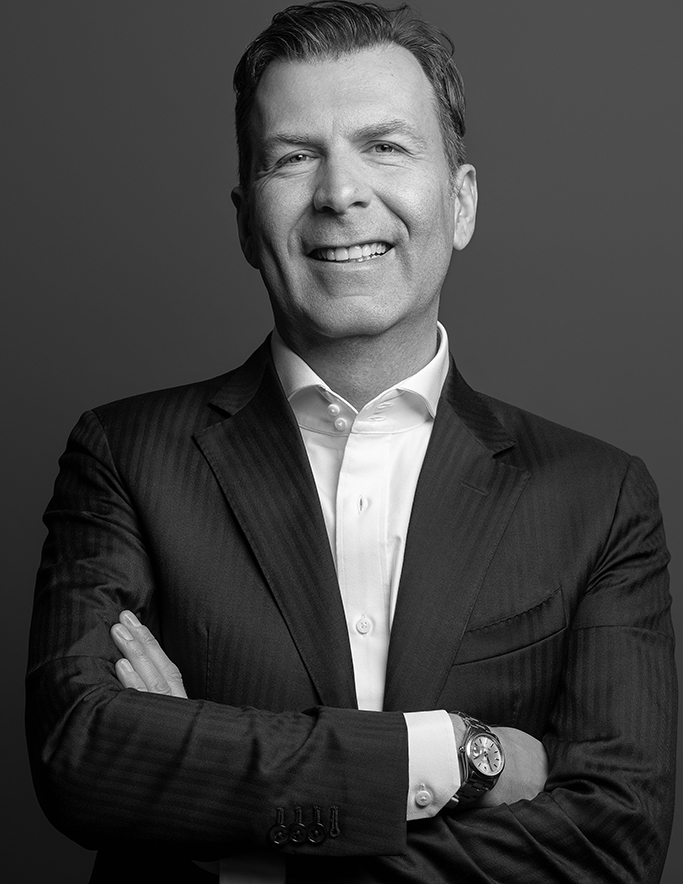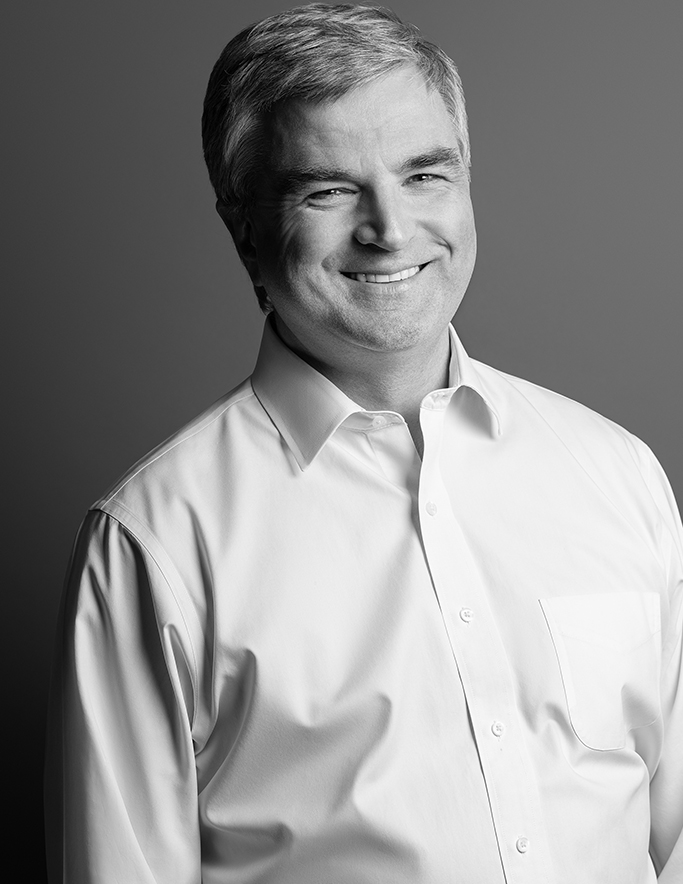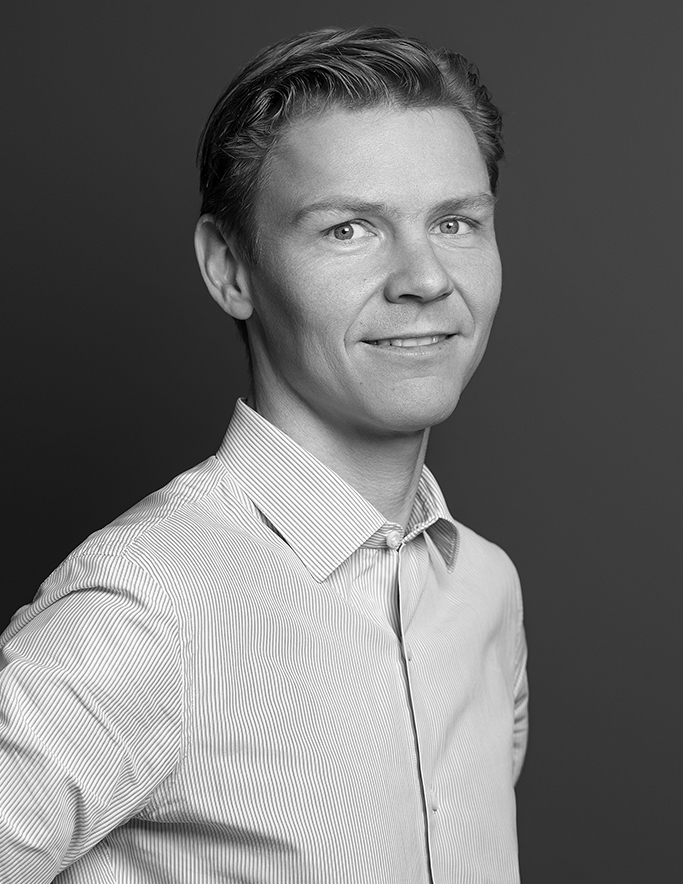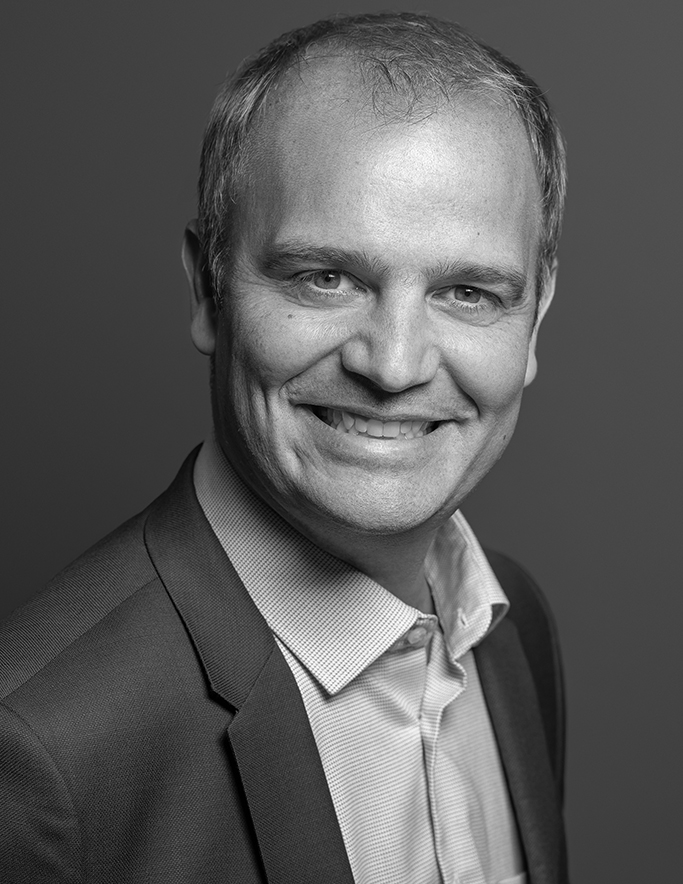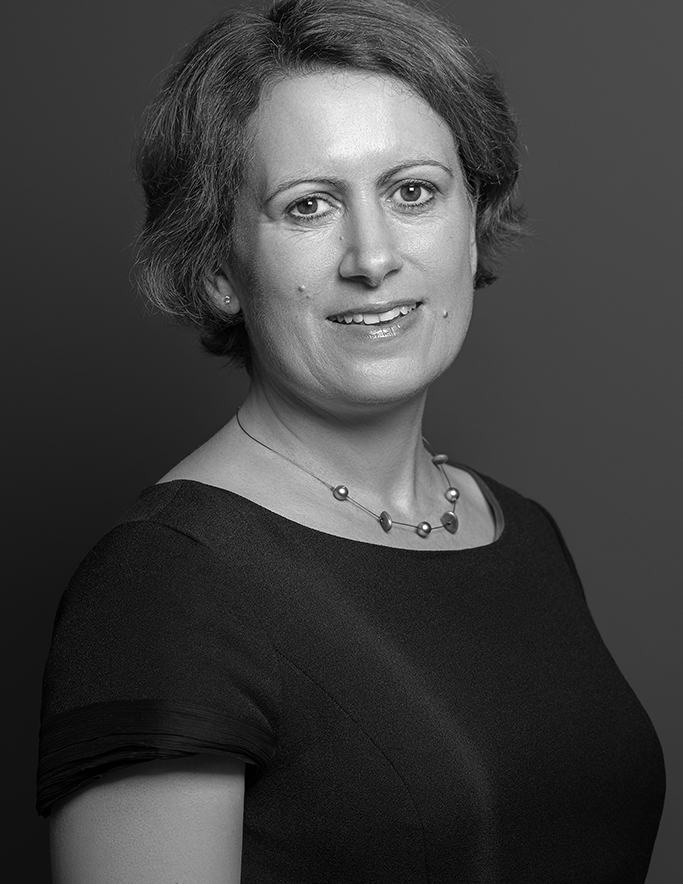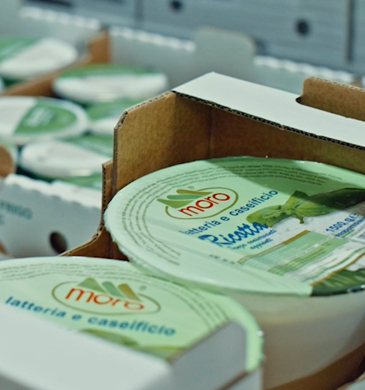European mid-market companies are making progress with their environmental transition: 17% of them invest now under a structured decarbonisation plan against 11% in 2023.
The 2024 Argos x BCG barometer edition reveals that the maturity of European mid-market companies’ approach has increased and their plans to reduce greenhouse gas emissions have made progress. The results of the forthcoming European elections may affect the trajectory of businesses’ climate action. Accordingly, the vast majority of mid-market companies (85%) consider their emissions as important if not critical. For the second year in a row, over two thirds of them actually consider decarbonisation as an opportunity. At the same time, their financial investments in reducing greenhouse gas emissions have increased significantly as a result of demand from clients and the economic benefits they gain. More than ever, they need support from their ecosystem to keep this trend going.
From awareness to action
European mid-market companies have demonstrated growing awareness of decarbonisation priorities, with 85% of senior managers regarding them as important, if not critical (up 1 point versus 2023). At the same time, the maturity of the approach taken by businesses has grown this year: 17% stated they had invested strongly based on a structured decarbonisation plan that includes an assessment of their emissions, up from 11% in 2023. In addition, the proportion of laggards that have neither invested in nor launched a roadmap dropped from 27% to 22% this year.
Of the 85% of mid-market companies that regard climate action as important if not critical, 67% view the climate transition as an opportunity and are optimistic about the prospects arising from the decarbonisation of their model. Mid-market companies see economic benefits, such as energy efficiency and related cost savings (58%, up 4 points versus 2023), the chance of winning market share (54%, up 3 points) and attracting fresh talent (40%, up 15 points).
“The trend has now been set,” said Fabien Hassan, Partner at BCG, “despite the uncertain environment, mid-market companies continue to make strides with their decarbonisation. It’s also highly positive for large businesses that need help from their suppliers and their partners to achieve their climate targets.”
Different paces of investment
The number of mid-market companies investing in decarbonisation rose by 5 points in 2024 from 38% to 43% in Europe. Managers report that their actions are motivated by the regulations (72%), higher energy prices (62%) and growing demand from certain clients (56%, up 5 points versus the previous year), in particular in B2B value chains, a segment in which large businesses are putting greater pressure on their suppliers to pursue decarbonisation.
Investment in cutting greenhouse gas emissions has gained greater momentum in certain specific sectors. The proportion of mid-market companies that report having invested “heavily” or “significantly” in decarbonisation has risen significantly in the agriculture and food (up 14 points versus 2023), retail (up 9 points) and transportation and logistics (up 7 points). Meanwhile, businesses in the construction (down 2 points) and chemicals (up 2 points) sector displayed a more cautious stance.
Shortage of in-house resources: main challenge
The primary hurdle mid-market companies will have to overcome this year is the shortage of in-house resources (46% of respondents). There are other hurdles, too, albeit less daunting than in the previous year, such as the shortage of financial resources (down 13 points), uncertainty about return on investment (down 8 points) and regulatory complexity (down 11 points).
While 41% of mid-market companies see regulations and especially CSRD as essential or as a way of structuring their approach to reducing GHG emissions, the degree of foresight varies according to the size of businesses. In particular, 28% of businesses with fewer than 250 employees report being unaware of CSRD requirements, even though these will apply to some of them from 2026, demonstrating their need for support with planning ahead and capitalising on the regulations.
“Mid-market companies play an essential role in the environmental transition,” said Simon Guichard, Partner at Argos Wityu. “This edition of the barometer survey confirms the depth of their commitment to the environmental transition. Encouraging and motivating all ecosystem participants to support and amplify these initiatives is crucial if we are to make the economy greener and more resilient.”
Methodology
This survey was carried out by OpinionWay based on a global sample based on 700 mid-market companies across 4 regions of the European Union (France, Germany, Italy, Benelux) with 175 companies per region. The respondents were selected to ensure in-depth knowledge of climate transition challenges.
The study aims to measure the trend in mid-market companies’ decarbonisation efforts, highlighting the key role they play in combating climate change. With this barometer, Argos Wityu and BCG aim to track these trends and support mid-market companies with their path towards a more sustainable future.
For further information, view the detailed report.
Argos Wityu
Coralie Cornet
ccc@argos.fund
+33 (0)6 14 38 33 37
BCG
Joséphine Manière
maniere.josephine@bcg.com
+33 (0)6 02 16 12 84
Little Wing
Killian Montesquieu
killianmontesquieu@little-wing.fr +33 (0)6 17 78 14 90
About Argos Wityu / argos.wityu.fund
One business, two strategies. Argos Wityu is an independent European private-equity group supporting the transformation and growth of SMEs and mid-caps.
It has more than €1.8 billion in assets under management, over 30 years of experience, has supported more than 90 companies and operates from offices in Amsterdam, Brussels, Frankfurt, Geneva, Luxembourg, Milan and Paris. The group seeks to acquire majority interests via its two strategies:
- The Argos Mid-Market fund helps companies arrange changes of ownership in order to accelerate growth.
- The Argos Climate Action fund (SFDR 9) aims to shape sustainable European leaders by facilitating their grey-to-green transition.
About Boston Consulting Group / www.bcg.fr
BCG partners with leaders in business and society to tackle their most important challenges and capture their greatest opportunities. BCG was the pioneer in business strategy when it was founded in 1963. Today, we work closely with clients to embrace a transformational approach aimed at benefiting all stakeholders – empowering organisations to grow, build sustainable competitive advantage, and drive positive societal impact.
Our diverse, global teams bring deep industry and functional expertise and a range of perspectives that question the status quo and spark change. BCG delivers solutions through leading-edge management consulting, technology and design, and corporate and digital ventures. We work in a uniquely collaborative model across the firm and throughout all levels of the client organisation, fuelled by the goal of helping our clients thrive and enabling them to make the world a better place.

